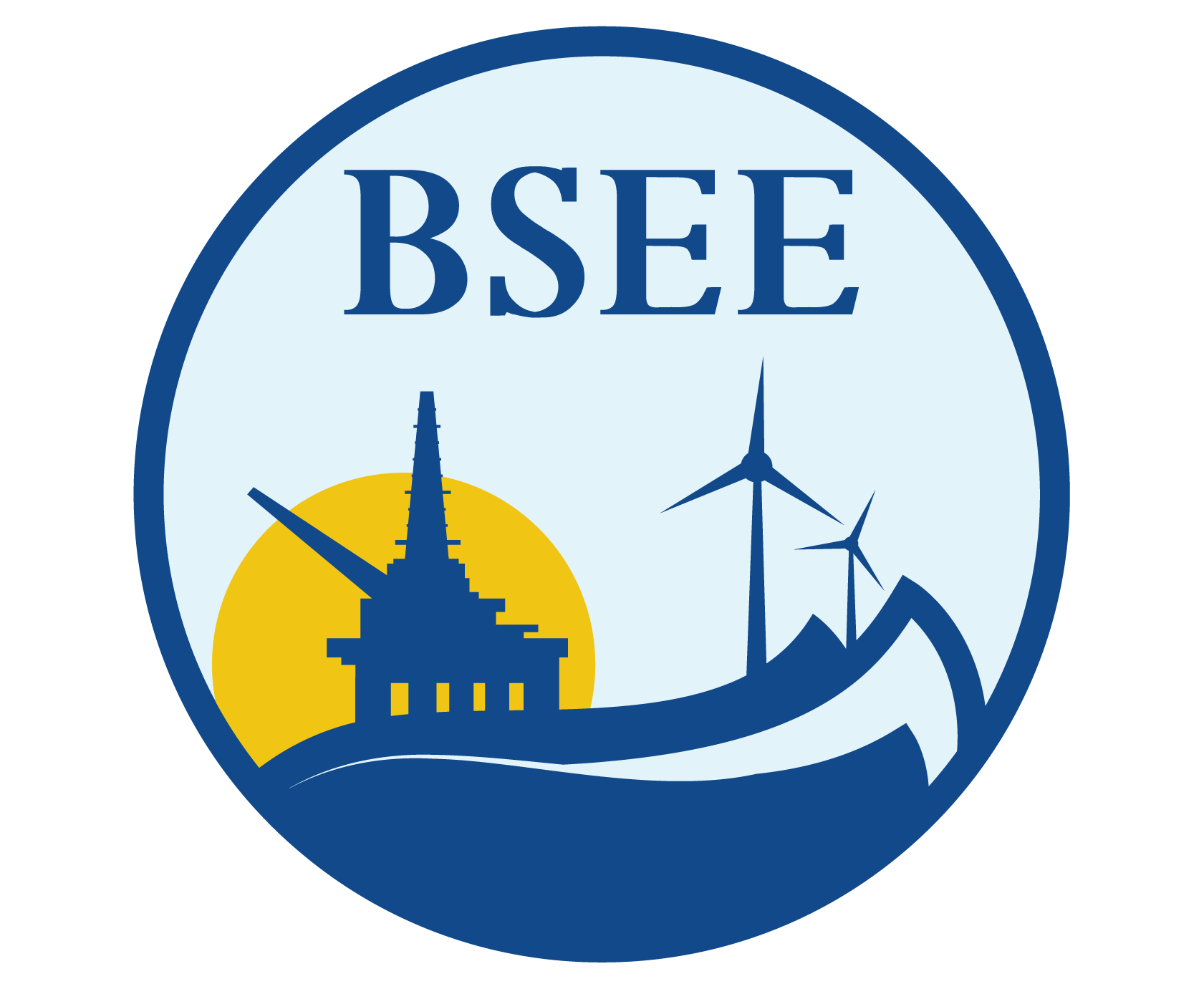You are viewing ARCHIVED content published online before Jan. 20, 2025. Please note that this content is NOT UPDATED,
and links may not work. Additionally, any previously issued diversity, equity, inclusion or gender-related guidance on
this webpage should be considered rescinded. For current information, visit
News Items | Bureau of Safety and Environmental Enforcement.
WASHINGTON – The Bureau of Safety and Environmental Enforcement is leading the effort to facilitate safe and environmentally sustainable energy development in the U.S. Outer Continental Shelf for America’s offshore workers through its newest initiative, Safety Performance Enhanced by Analytical Review. BSEE is working to execute an interagency agreement with NASA to adopt their sophisticated data analysis capabilities not readily available in the commercial marketplace.
“The data analysis accomplished through SPEAR will help identify safety and environmental risks. Advancing BSEE’s ‘We Can Do It All’ approach of promoting safe, environmentally sustainable and robust offshore energy production, BSEE is evolving from a data warehouser to a premier world class data analyzer,” said BSEE Director Scott Angelle.
Building on President Donald J. Trump’s Executive Order, Implementing an America-First Offshore Energy Strategy, SPEAR seeks to evolve BSEE’s data collection in a way that furthers President Trump’s priority to “maintain global leadership in energy innovation, exploration, and production.” Moving forward, SPEAR’s examination and communication of critical data and information will better identify safety and environmental hazards related to energy operations on the OCS. BSEE is committed to continuing to engage with stakeholders to assess risk and identify additional safety and environmental initiatives, if necessary. SPEAR will equip BSEE subject matter experts to thoroughly analyze data and represents BSEE’s commitment to proactive innovation.
The Bureau of Safety and Environmental Enforcement (BSEE) is the lead federal agency charged with improving safety and ensuring environmental protection related to the offshore energy industry, primarily oil and natural gas, on the U.S. Outer Continental Shelf (OCS). Under President Trump, BSEE is conducting more inspections, increasing the number of safety initiatives and ensuring more offshore oil and gas workers receive critical safety information.
###
